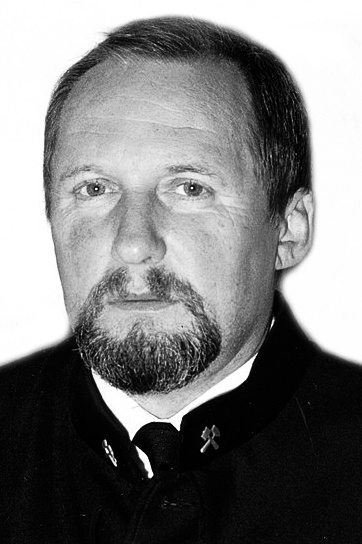Thirty of us risked our lives to save one. It was an honor to help in the mine

Download image
Václav Pošta was born on 27 June 1949 in Slaný, Central Bohemia. He graduated from the Secondary Mining Technical School in Kladno. He first went down the shaft at the age of fifteen. After the invasion of the Warsaw Pact troops in 1968, he was admitted to the Mining University in Ostrava. He studied fire protection technology and underground mining at the Faculty of Mining and Geology. In 1969 in Vítkov, he attended the funeral of Jan Zajíc, who burned himself to death a month after Jan Palach in protest against developments in the country after the invasion of foreign troops. In 1974 he joined the Red October Mine in the Ostrava-Karviná Mines. He started as a district foreman and safety technician. From 1978 he worked as a volunteer mine rescuer. He was the head of the company mine rescue station and in 1986 he joined the professionals at the Main Mine Rescue Station in Ostrava. After the fall of the communist regime he became its director. In 1995, a team of his divers lifted bodies of three murder victims from the bottom of the Orlík dam. He received several awards for the development of mining rescue and the improvement of safety in mining work. In 2023 he was living in the village of Pstruží in the Beskydy Mountains.











